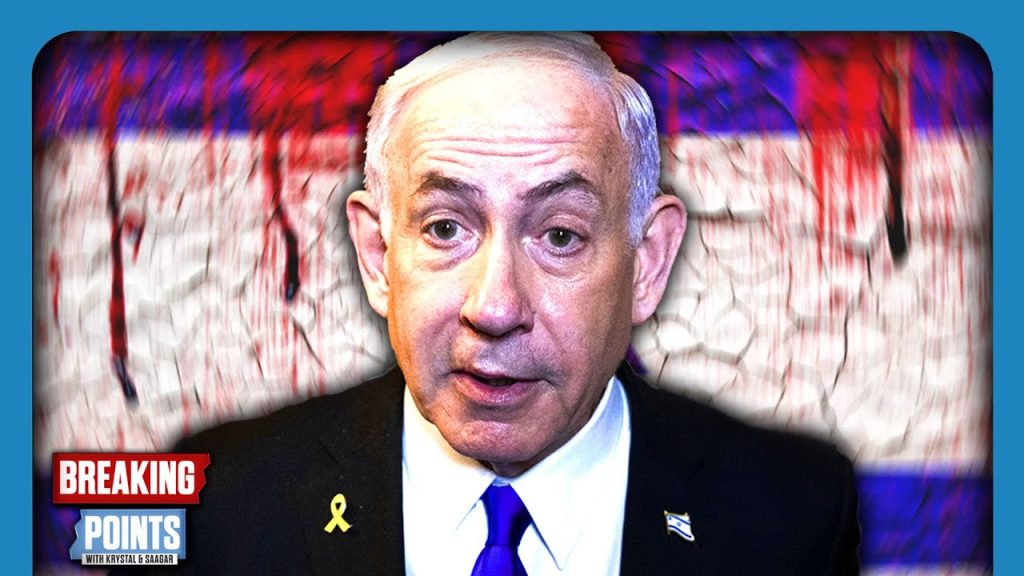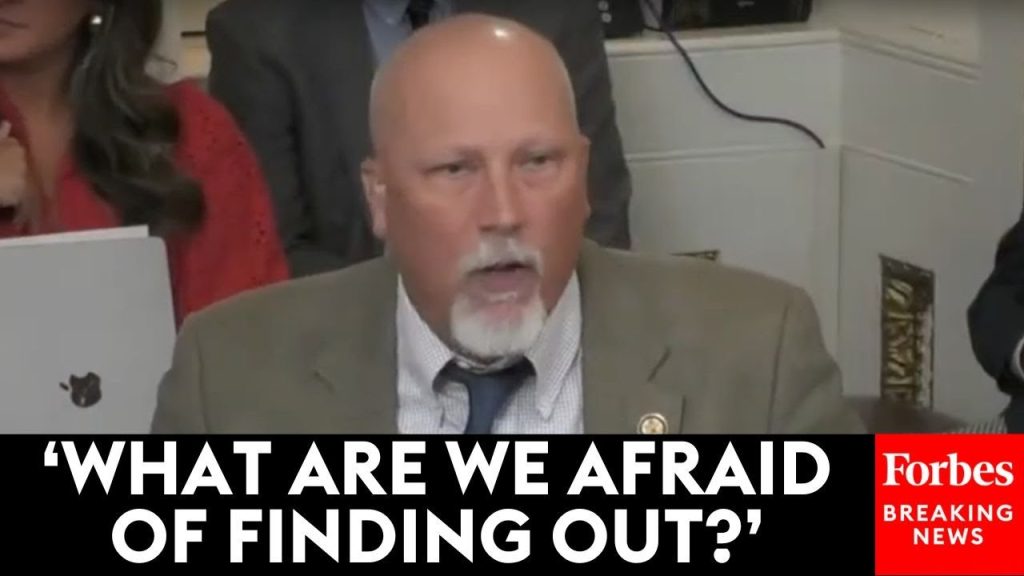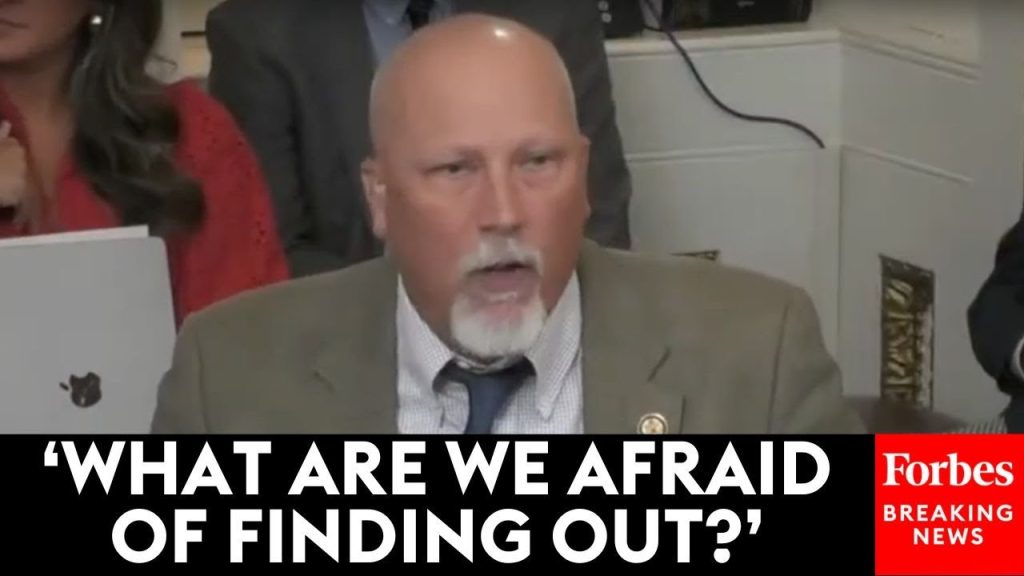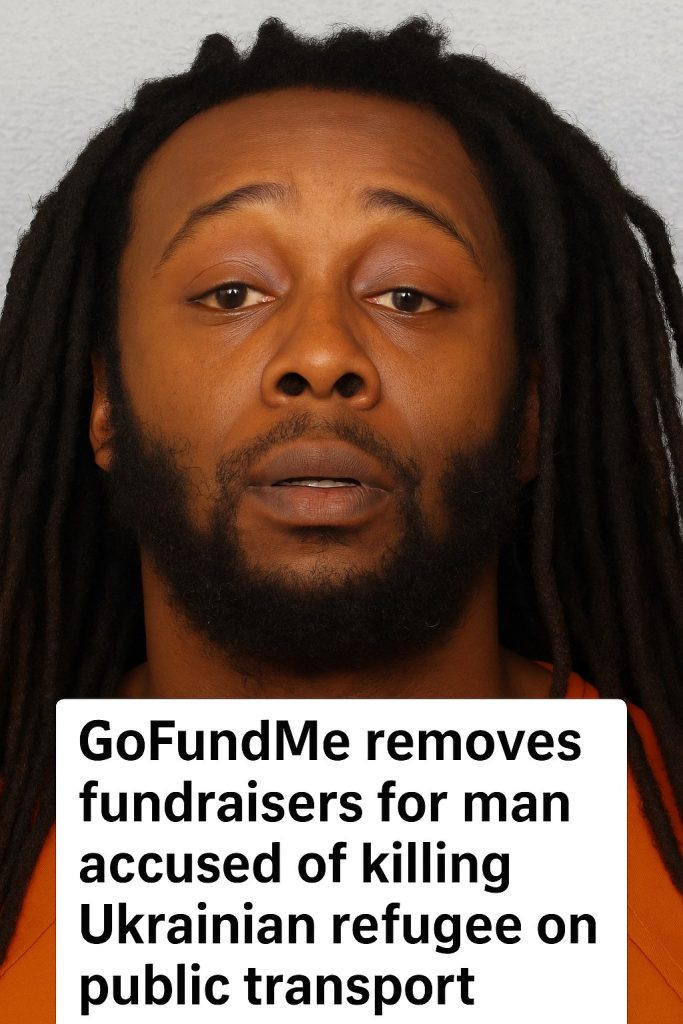The title of a newly leaked video, “LEAKED ‘ISRAELI’ DOCS: World Views Israel As ‘Genocidal Apartheid,’” has sparked intense discussions regarding the international perception of Israel’s policies towards Palestinians. This provocative claim not only challenges long-held narratives about the Israeli-Palestinian conflict but also raises critical questions about the humanitarian implications of Israel’s governance in contested territories.
The term “genocidal apartheid” has reverberated throughout political discourse, evoking strong reactions from both proponents and critics of Israeli policies. Critics argue that the labeling of Israeli actions in Palestinian territories—including Gaza and the West Bank—amounts to a systematic oppression that resembles apartheid. Proponents of this view contend that the handling of settlements, violence, and restrictions on movement severely limit the rights and freedoms of Palestinians, framing these actions as a violation of international law.
Political context is crucial in understanding the ramifications of these accusations. For decades, Israel has faced scrutiny over its settlement policies and military operations in the Occupied Territories, with numerous human rights organizations accusing it of disproportionate use of force. The 2018 Nation-State Law, which enshrined Israel as the nation-state of the Jewish people, has further fueled debates about the treatment of non-Jewish populations, intensifying accusations of institutionalized discrimination.
Internationally, perceptions of Israel’s actions have shifted. Recent years have seen increased support for the Boycott, Divestment, Sanctions (BDS) movement, which aims to apply economic and political pressure on Israel until it complies with international law and respects Palestinian rights. This movement has garnered significant traction in various activist circles across Europe and North America, reflecting a growing awareness of what critics label an apartheid regime.
Reactions to the leaked content are likely to be varied. Governments that have historically supported Israel may reassess their positions, especially with increasing evidence to challenge past narratives. Conversely, Israeli officials and their allies might push back forcefully against these allegations, arguing that such terminology mischaracterizes the complexities of the Israel-Palestinian conflict and downplays Israel’s security concerns amid ongoing threats.
As the political landscape continues to evolve, this leaked information will undoubtedly contribute to the ongoing debate surrounding one of the most contentious issues in modern geopolitics, with significant implications for future peace negotiations and international relations.



